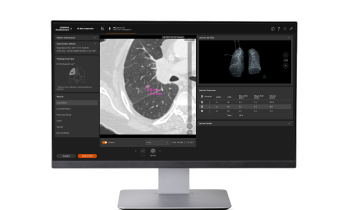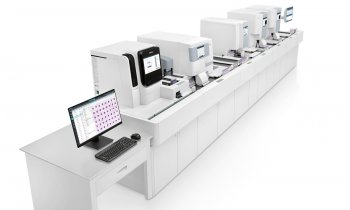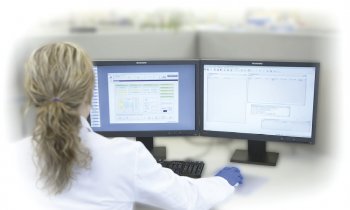The importance of medical teamwork
By Peter G Brindley, Critical Care Medicine, University of Alberta, Canada
In 1935, following the spectacular crash of the much-heralded Boeing B-17 bomber, it was concluded that the ‘modern plane was too much for one man to fly’. Similarly, given the complexity of modern healthcare, medicine is rarely a solo pursuit. In 1977, following the largest commercial aviation crash to date, flight investigators concluded the crew had ‘failed to take the time to become a team’.

Similarly, increasing evidence shows that human errors are the greatest cause of medical errors, and that suboptimal teamwork and inadequate team communication are our greatest shortcomings. However, in stark contrast to aviation, medical curricula typically focus on individual aptitudes such as factual knowledge or procedural dexterity. Instead, by borrowing strategies from other high-risk professions, we could address how to function as a team, as well as how to develop our ‘verbal dexterity’. The airline industry felt compelled because lives and profits were at stake. Similarly, medical errors are believed to result in several hundred thousand annual deaths and to squander vast resources. As such, we should be similarly motivated. Moreover, given the importance of teamwork we need to make a ‘science of team performance’ and a ‘science of controlling complexity’. This also means creating a culture that empowers subordinates to speak up and compels leaders to listen.
The origin of the word ‘communication’ means to ‘share, unite, or make understanding common’. As a result, much of what it means to function as a team equates with good communication, and our curricula should mirror this. High-functioning teams also need to establish a ‘shared mental model’, which means ensuring team members are on the ‘same page’, working towards the same goal, and aware of the issues and resources. A shared mental model also creates a structure to prioritise and coordinate tasks, control the flow of information, and stabilise emotions. If time allows, the leader should share mental models. In time-critical situations, the leader needs the confidence and experience to create a model that the team can share. Regardless, without a shared mental model, the cognitive resources of the team cannot be fully leveraged. This requires regular practice.
Interestingly, fewer planes crash when the co-pilot is flying! Aircraft are likely safer with subordinates at the controls because, firstly, the senior pilot is unafraid to speak up, and, secondly, the co-pilot is actively engaged. As a result, crisis management becomes a shared goal, and a team is created. In contrast, during crises, physicians often fail to share what they are thinking or doing. When they do, it is often only to other physicians, not the whole team. With nurses, there may be lengthy delays between when a problem is first identified and when this is shared with the team. Fortunately, other high-stakes professions have shown how much can be achieved by focusing on team development. These professions have also shown that regular simulation incorporating all team members, and not just the most junior, is likely the safest way to do so.
In short, there are exciting opportunities to optimise the medical team. It remains to be seen if medicine has the insight, humility, and determination.
25.02.2011










